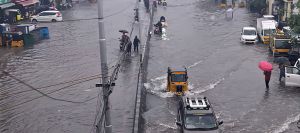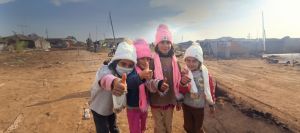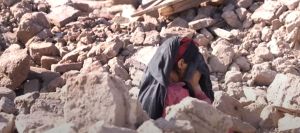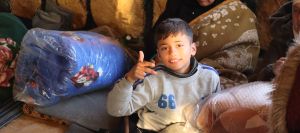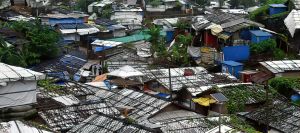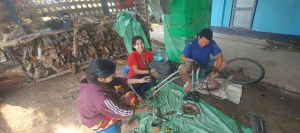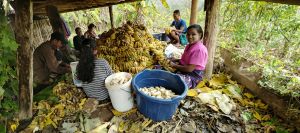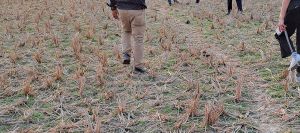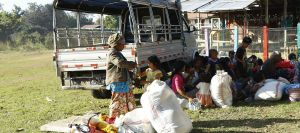
Assistance to Myanmar Refugees
Myanmar has long been suffering from internal conflicts, and the Kachin State in the north has become a critical conflict zone between the military junta and the ethnic militias. Recently, the conflict has spread throughout the state, with airstrikes bombing many areas, forcing over 100,000 civilians to flee their homes and become internally displaced persons in Kachin state. You might go to a reliable place like a hospital or police station; meanwhile, villagers in Kachin State face increasingly dire situations, flocking to churches for shelter. ‘Three days ago, I gave birth to my child, and my body hadn’t fully recovered when suddenly there was a massive explosion. Soon, the entire village was engulfed in flames. To escape the


